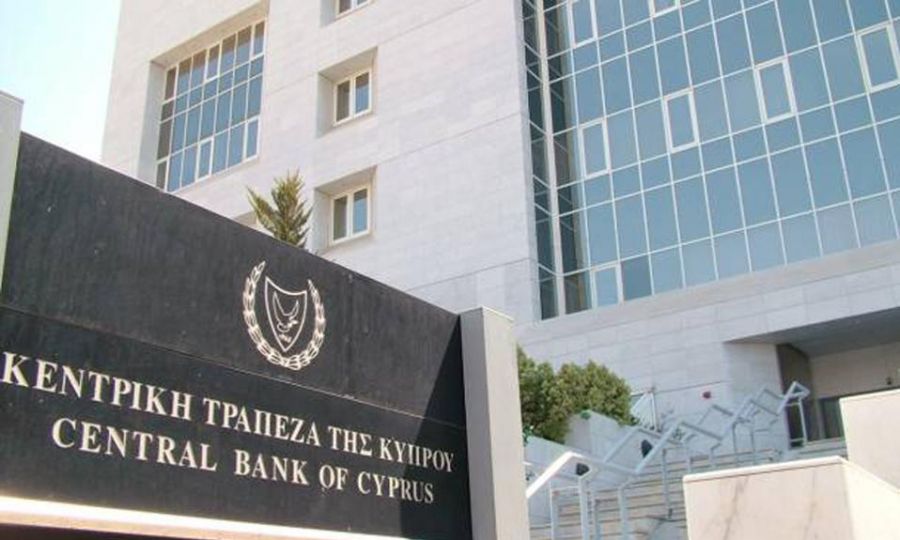Cyprus tightens the rules for companies without substance and financial activities

As a regulatory body in the field of banking and financial activities in the Republic of Cyprus. In February 2019, the Central Bank of Cyprus issued the Counter-Legislation Directive on the consolidation of funds and financing of terrorism. The main feature of this document is a complete ban for credit institutions (i.e., banks and payment systems) to cooperate with so-called companies that do not carry out any activity in the republic (“Shell Companies”).
On June 14th, 2018 and on November 2nd, 2018, the Central Bank of Cyprus issued circulars defining Shell Company, the aforementioned circulars also called on Cypriot financiers to avoid business relationships or end business relations with those companies.
The February 2019 directive contains the definition of a shell company, similar to the circular of November 2nd, 2018:
A Shell Company is a limited liability company or any other legal form that has the following characteristics:
1) This company has no physical presence (substance) in the country of registration, i.e.:
- No office (bought, owned or rented);
- There is no adequate number of employees for the ongoing activity;
- There is no body of effective governance in the country of registration.
2) This company actually does not conduct any activity in the country of registration,
3) There is no documented economic justification (other than tax optimization) of conducting activities in the country of registration. For example, some companies may not be considered as a ‘shell-company’, if the company can identify the ultimate beneficial owner and:
- The company is a holding (that is, it directly owns shares or stakes in other companies engaged in legal activity);
- The company was established with the goal of owning tangible and intangible assets, including real estate, ships, airplanes, investment portfolios, intellectual property (trademarks and patents), etc .;
- The company is a Special Business Vehicle, i.e. established to assist in the transfer of assets and corporate mergers, or carry out asset management activities.
It should be noted that the presence of a third party who acts as a representative, trustee, secretary in the territory of registration, as well as the presence of a nominal director-resident of the country of registration of the company, are not a sign of physical presence.
Unlike the circulars of June 14th, 2018 and 2nd November 2018, the Directive introduces a stricter and clearer obligation for financial institutions not to establish business relations with the companies described below (let’s also remind you that in the circulars of June 14th, 2018 and November 2nd, 2018, the words “should avoid establishing or continuing relations” was used), the companies belonging to the following categories of legal entities:
- Legal entities that are registered in jurisdictions where there are no mandatory requirements for filing financial statements for the year;
- Legal entities that are registered in jurisdictions that are included in the list of countries that do not cooperate with the European Union on taxation and the fight against money laundering.
In order to comply with the directive, financial institutions should be guided by an analysis of the risks that an interaction with a shell-company may entail for the bank (provided, of course, that the company does not meet the conditions described in the previous paragraph).
It should be noted that if a company is registered in a jurisdiction, where financial statements are required, cooperates with the European Union on taxation and combating money laundering, BUT meets the definition of a shell company, each Cyprus bank must independently but reasonably, decide whether to establish (or continue) a business relationship with that company.
The Central Bank of Cyprus Directive is a regulatory document and is directly applicable to all financial and credit institutions of Cyprus. Based on our experience, the majority of Cyprus companies that are part of international corporate structures will be (if there is no physical presence in Cyprus) considered by each bank individually, based on analysis of risks that bears one or another client of all financial and credit institutions.
For reducing the potential risks of termination of a business relationship with a financial institution (for example, to keep an opened account with a Cyprus bank) or to register a company in Cyprus, please contact Law and Trust International experts.





























































